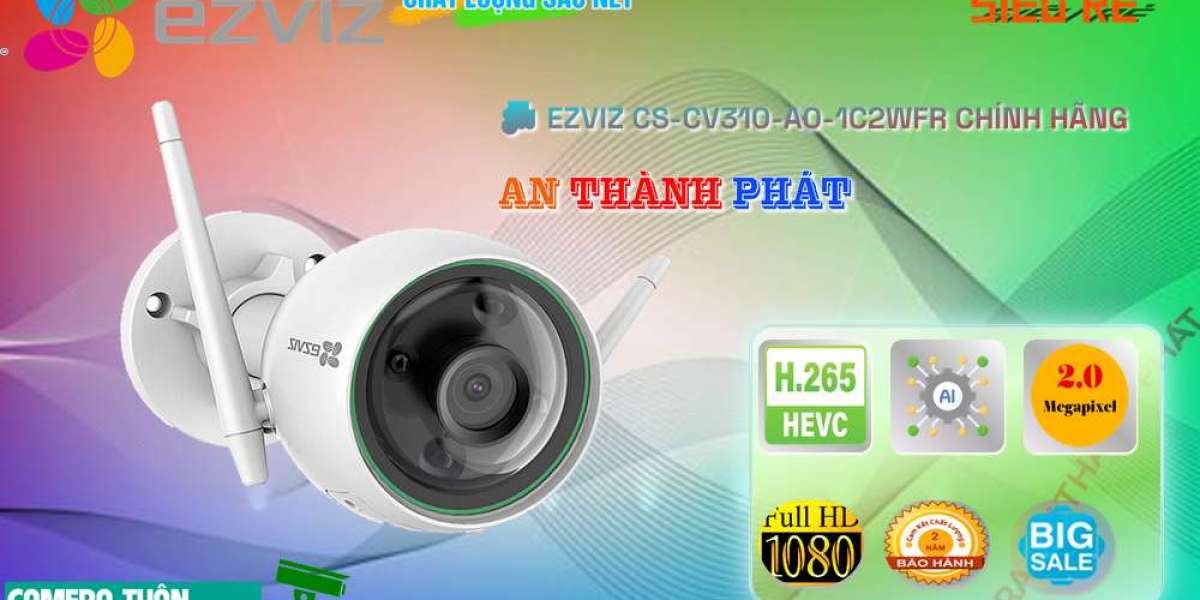As industries continue to seek more reliable, efficient, and environmentally friendly power sources, the SLAR Battery (Sealed Lead Acid Replacement Battery) has emerged as a powerful alternative to traditional lead-acid batteries. Whether for use in solar energy systems, electric vehicles, or backup power, SLAR batteries have proven to deliver outstanding performance, longevity, and safety. In this article, we'll explore what makes the SLAR battery unique, how it compares to other battery technologies, and why it represents a forward-thinking choice for many applications.
What Is a SLAR Battery?
A SLAR battery is designed as a direct replacement for conventional Sealed Lead Acid (SLA) batteries. Lead-acid batteries have long been the standard for energy storage in numerous industries, but they come with several disadvantages, including shorter lifespan, higher maintenance requirements, and limited performance. SLAR batteries overcome many of these challenges, offering a modern and more efficient alternative that fits perfectly in the same applications as traditional SLA batteries.
One of the standout features of SLAR batteries is their ability to be used in various applications without the need for modifications. The versatility makes them an ideal solution for those looking to upgrade their energy systems without additional costs or complexity.
Key Advantages of SLAR Batteries
1. Longevity and Durability
SLAR batteries offer a much longer lifespan compared to their lead-acid counterparts. While traditional SLA batteries typically have a life expectancy of 3-5 years, SLAR batteries can last up to 10 years or more, depending on usage and maintenance. This extended life means fewer replacements, lower costs over time, and a reduced environmental footprint.
2. Maintenance-Free
One of the major drawbacks of lead-acid batteries is the regular maintenance they require to function effectively. SLAR batteries, on the other hand, are virtually maintenance-free. There is no need for regular water refilling, cleaning of terminals, or other upkeep, making them highly convenient for users.
3. Enhanced Efficiency
SLAR batteries provide better energy efficiency, translating to faster charging times and more consistent performance across varying loads. This is especially beneficial for solar power systems, where energy storage efficiency is crucial for maximizing the power harnessed from the sun. The faster recharge cycle also makes SLAR batteries ideal for applications where downtime must be minimized.
4. Environmentally Friendly
Lead-acid batteries contain toxic materials that can harm the environment if not disposed of properly. The SLAR battery uses safer, more sustainable materials, reducing the risk of environmental contamination. Additionally, their longer lifespan means fewer batteries are discarded, further lessening the environmental impact.
5. Weight Reduction
SLAR batteries are often lighter than traditional SLA batteries, making them easier to install and transport. This weight advantage is particularly useful in applications like electric vehicles, where reducing weight translates directly into improved efficiency and range.
Applications of SLAR Batteries
SLAR batteries are versatile and can be used in a wide range of applications. Some of the most common areas where SLAR batteries are making a significant impact include:
1. Solar Energy Systems
For solar energy storage, SLAR batteries provide a reliable and long-lasting solution. Their efficiency ensures that more of the captured solar energy is stored and used, improving the overall efficiency of solar power systems.
2. Backup Power Systems
Uninterruptible power supplies (UPS) and other backup power systems benefit greatly from the long lifespan and reliability of SLAR batteries. Their ability to charge quickly and hold a charge for extended periods ensures that critical systems remain operational during power outages.
3. Electric Vehicles
SLAR batteries are becoming increasingly popular in electric vehicles due to their lightweight nature and efficient energy storage. The long lifespan also means fewer battery replacements over the lifetime of the vehicle, lowering the total cost of ownership.
4. Medical Devices
SLAR batteries are also used in medical devices where reliable power is essential. Their maintenance-free nature and long life make them an excellent choice for medical equipment that needs continuous power for extended periods.
How Does the SLAR Battery Compare to Other Technologies?
While SLAR batteries are a direct replacement for lead-acid batteries, they are not the only battery technology available. Below is a comparison between SLAR batteries and other popular battery types:
1. SLAR vs. Lead-Acid Batteries
The most obvious comparison is between SLAR and the batteries they are designed to replace, lead-acid batteries. SLAR batteries win out in almost every category, including lifespan, efficiency, weight, and environmental impact. The only area where lead-acid batteries may still have an edge is in the upfront cost, but the long-term savings of a SLAR battery quickly outweigh this initial expense.
2. SLAR vs. Lithium-Ion Batteries
Lithium-ion batteries are another popular option, particularly for applications requiring high energy density. While lithium-ion batteries offer excellent performance, they tend to be more expensive than SLAR batteries. Additionally, SLAR batteries can still provide a viable alternative in applications where cost-effectiveness and lower energy density are acceptable.
Why SLAR Batteries Are the Future of Energy Storage
SLAR batteries offer a range of advantages that make them a top choice for energy storage in a variety of industries. Whether it's the extended lifespan, improved efficiency, or environmental benefits, SLAR batteries are an attractive option for anyone looking to upgrade from lead-acid technology. Their ability to integrate seamlessly into existing systems makes them even more appealing.
In conclusion, the SLAR battery represents a significant step forward in battery technology. It addresses many of the limitations of traditional SLA batteries while offering new benefits that cater to modern energy needs. For those looking to invest in a long-lasting, efficient, and eco-friendly energy solution, the SLAR battery is undoubtedly worth considering.
As technology continues to evolve, SLAR batteries will likely become even more prevalent, alongside other advanced energy storage options like the LiFePo4 Lithium Battery. These lithium-based solutions provide even higher energy densities and performance, making them a suitable choice for more demanding applications where energy efficiency is paramount.








